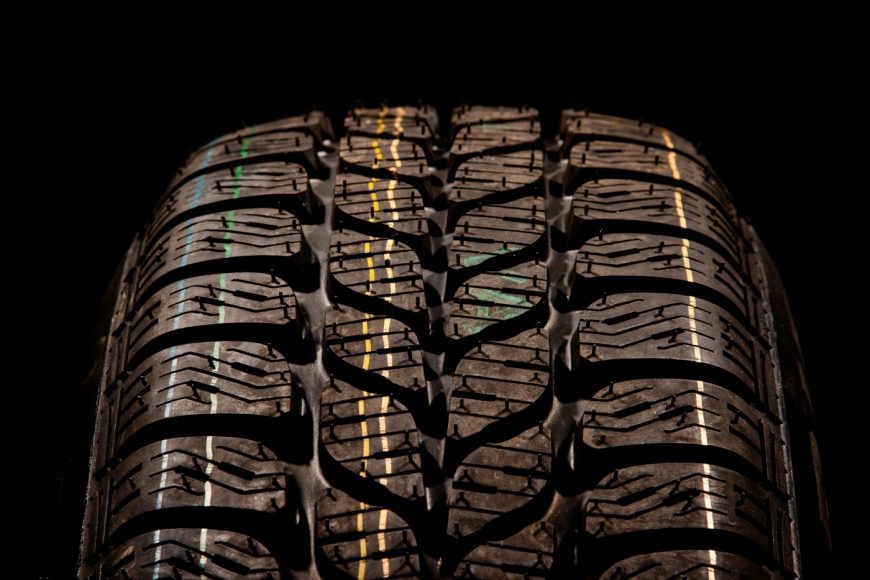- December 20, 2022
- By Auto Repair Shop Fraser 48026
- In Tires
- Tags All Season Tires, Summer Tires, Winter Tires
- 425
- 0


All-season tires and winter tires are designed for different purposes and weather conditions. All-season tires are designed to provide good traction on wet and dry roads in mild to moderate climates, while winter tires are specifically designed for use in cold, snowy conditions.
One of the main differences between all-season tires and winter tires is the type of rubber compound they are made from. All-season tires are made from a softer rubber compound that provides a good grip on wet and dry roads, but may not perform as well in very cold or snowy conditions. Winter tires, on the other hand, are made from a harder rubber compound that remains flexible in cold temperatures, providing improved traction on snow and ice.
Another difference between all-season and winter tires is their tread design. All-season tires have a symmetrical tread pattern with a mixture of large and small grooves, which helps to evacuate water from the tire and improve wet-road traction. Winter tires, on the other hand, have a more aggressive tread pattern with large, deep grooves and extra biting edges, which helps to dig into snow and ice for improved traction.
In general, all-season tires are a good choice for drivers who live in mild to moderate climates and want a single set of tires that can be used year-round. Winter tires are a better choice for drivers who live in colder climates with a lot of snow, as they provide better traction and handling on snow and ice. It’s important to choose the right tires for your driving conditions to ensure safe and reliable performance.
All-season tires and summer tires are designed for different purposes and weather conditions. All-season tires are designed to provide good traction on wet and dry roads in mild to moderate climates, while summer tires are specifically designed for use in warm, dry conditions.
One of the main differences between all-season tires and summer tires is the type of rubber compound they are made from. All-season tires are made from a softer rubber compound that provides a good grip on wet and dry roads, but may not perform as well in very hot or dry conditions. Summer tires, on the other hand, are made from a harder rubber compound that remains stiff at high temperatures, providing improved traction on dry roads.
Another difference between all-season and summer tires is their tread design. All-season tires have a symmetrical tread pattern with a mixture of large and small grooves, which helps to evacuate water from the tire and improve wet-road traction. Summer tires, on the other hand, have a more streamlined tread pattern with fewer grooves and a larger contact patch, which helps to reduce rolling resistance and improve handling on dry roads.
In general, all-season tires are a good choice for drivers who live in mild to moderate climates and want a single set of tires that can be used year-round. Summer tires are a better choice for drivers who live in warmer climates with little to no snow, as they provide better traction and handling on dry roads. It’s important to choose the right tires for your driving conditions to ensure safe and reliable performance.
Whether you’re looking for a cheap tire or one to last, Car Guys Auto Center has got you covered. Some of our inventory and tire selection, with pricing and more, is available online:
If you do not see a specific brand of tire you are looking for, be sure to call us at (586) 285-4444. We have additional tire brands available.


